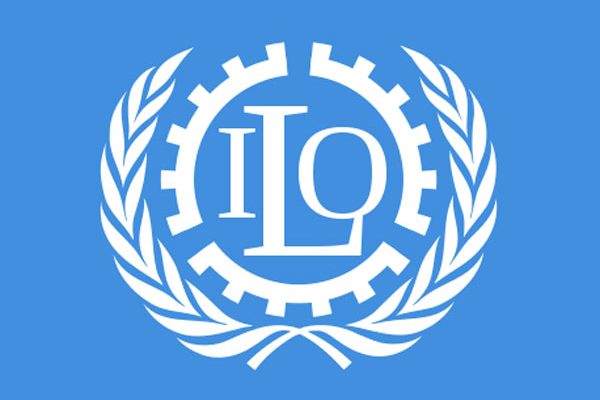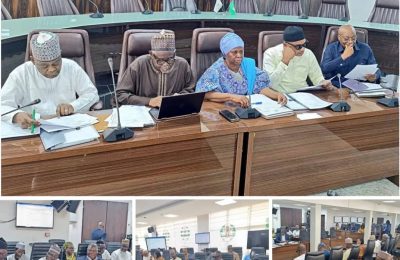
The International Labour Organisation (ILO) Director for Nigeria, Ghana and Sierra Leone and Liaison Office for ECOWAS, Vanessa Phala, has bemoaned the consequences of child labour across communities in Nigeria and other African countries.
She regretted that child labour is unfortunately being woven into the fabric of rural life in the country, particularly within agricultural communities, and families now rely on their children to contribute to the family’s wellbeing and survival because of poverty.

Phala said this at a three-day communication training workshop for media practitioners in Akwanga, Nasarawa State, recently.
She noted that “Children often have to work under hazardous conditions, sacrificing their education, health and childhood for meagre wages.
“This not only violates their fundamental rights but also hinders their potential and perpetuates cycles of vulnerability.”
Organised by ILO, the training was funded by the U.S. Department of Labour through the Action Against Child Labour in Agriculture in West Africa (ACLAWA) project and supported by the Federal Ministry of Labour.
Represented by Dr Agatha Kolawole, Project Coordinator of ILO’s ACLAWA, Phala stressed that the agriculture sector has 70 percent of child labourers, globally, adding that nearly 28 percent of children aged five to 11 years and 35 percent of those aged 12 to 14 years in child labour are out of school.
She urged media practitioners, especially those in the labour beat, to take up the issue of child labour and join the advocacy to educate the parents and society on the dangers associated with child labour and long lasting implication of it.
The ILO Country Director noted that the media has a pivotal role to play in combating child labour, urging newsmen to raise awareness and mobilise public opinion against “the pervasive issue.”
she said: “Through investigative journalism, documentaries and news reports, the media sheds light on the often hidden and harsh realities faced by child labourers around the world.
“By bringing these stories to the forefront, the media educates the public and policymakers about the scale and severity of child labour, thereby creating a sense of urgency and a call to action.”
This heightened awareness is crucial for fostering a societal consensus that child labour is unacceptable and must be eradicated,” she said.
She went on to urge media practitioners to help pressure governments and corporations to implement and enforce stricter laws and policies to protect children from exploitation.
She also commended the U.S. Department of Labour for funding the ACLAWA project.
Oh her part, the Head, Child Labour, Forced Labour, Human Trafficking and Modern Slavery Unit of the Inspectorate Department in Ministry of Labour and Employment, Mrs Tessy Odoh, said the Nigerian government, in its efforts to combat the menace, has ratified and domesticated the ILO conventions 182, 138, 29, among others, which are strong instruments for awareness and fight against child labour.
ALSO READ: Aiye-ko-ooto’s ‘The Noble Warrior’ celebrates Soyinka








